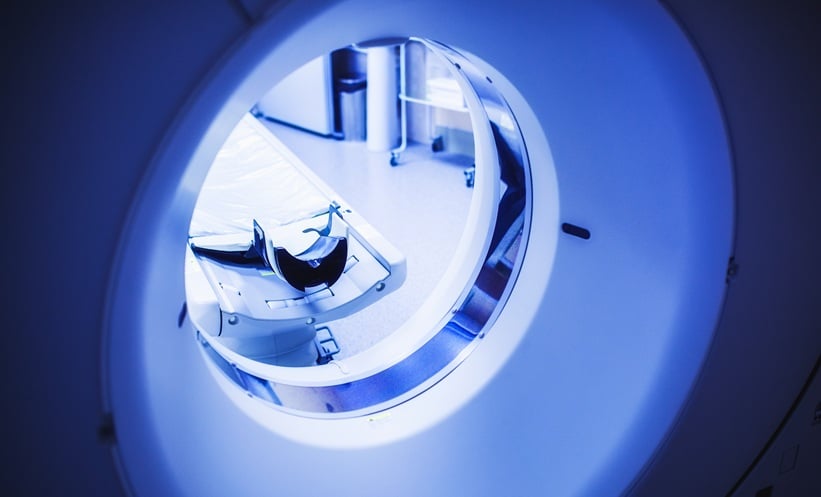A deep learning tool designed to automatically contour organs from CT scans has demonstrated promising results in prostate cancer radiotherapy planning, according to a new study.
The study evaluated the DirectORGANS algorithm, which auto-contours critical organs such as the bladder, rectum, prostate, and femoral heads directly at the CT simulator—potentially streamlining the planning process and reducing inter-observer variability.
Using CT scans from 10 patients, researchers compared automated contours generated by DirectORGANS with manually drawn contours created by an experienced physician using MRI. While the radiation dose differences to organs at risk were not statistically significant, discrepancies were noted in target volume homogeneity and conformity indexes, largely due to variations in prostate delineation.
“This suggests that while physicians should continue to manually review and edit prostate contours based on MRI, the algorithm can safely auto-contour surrounding organs without adjustment,” the authors noted.
The findings support the growing role of AI-assisted tools in radiotherapy planning, particularly for reducing contouring time and minimizing clinician-to-clinician variation.
Reference
Dinç et al. The dosimetric impacts of ct-based deep learning autocontouring algorithm for prostate cancer radiotherapy planning dosimetric accuracy of DirectORGANS. BMC Urol 25, 190 (2025).








